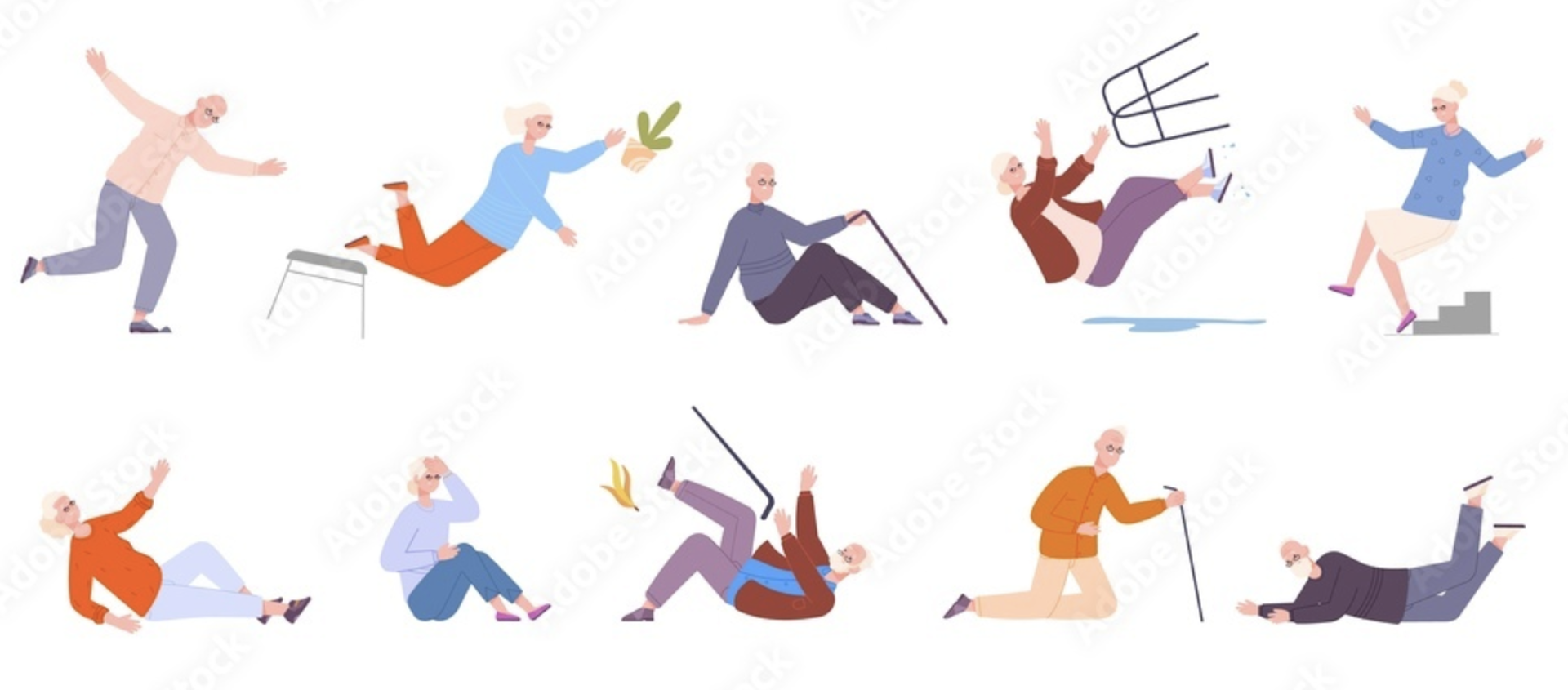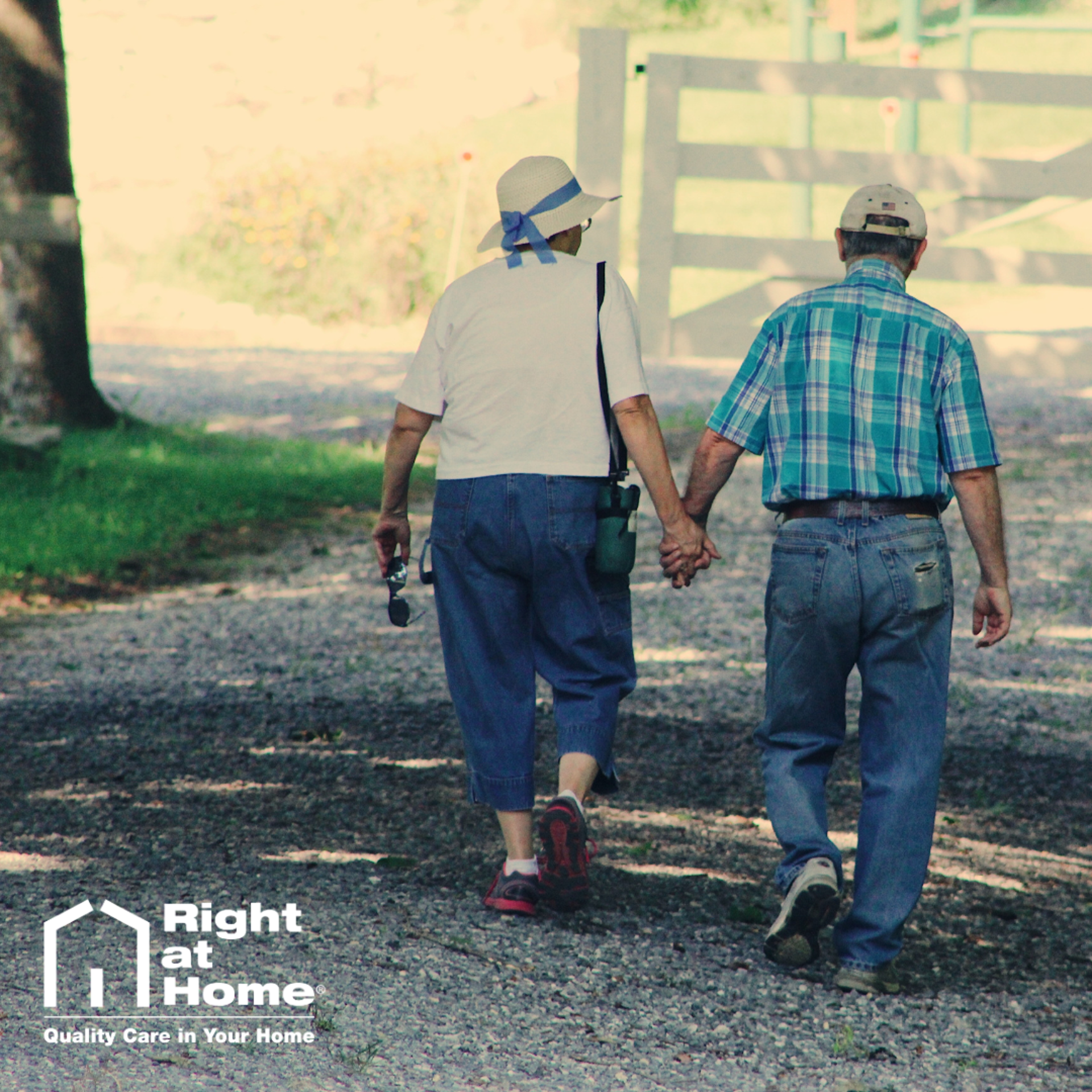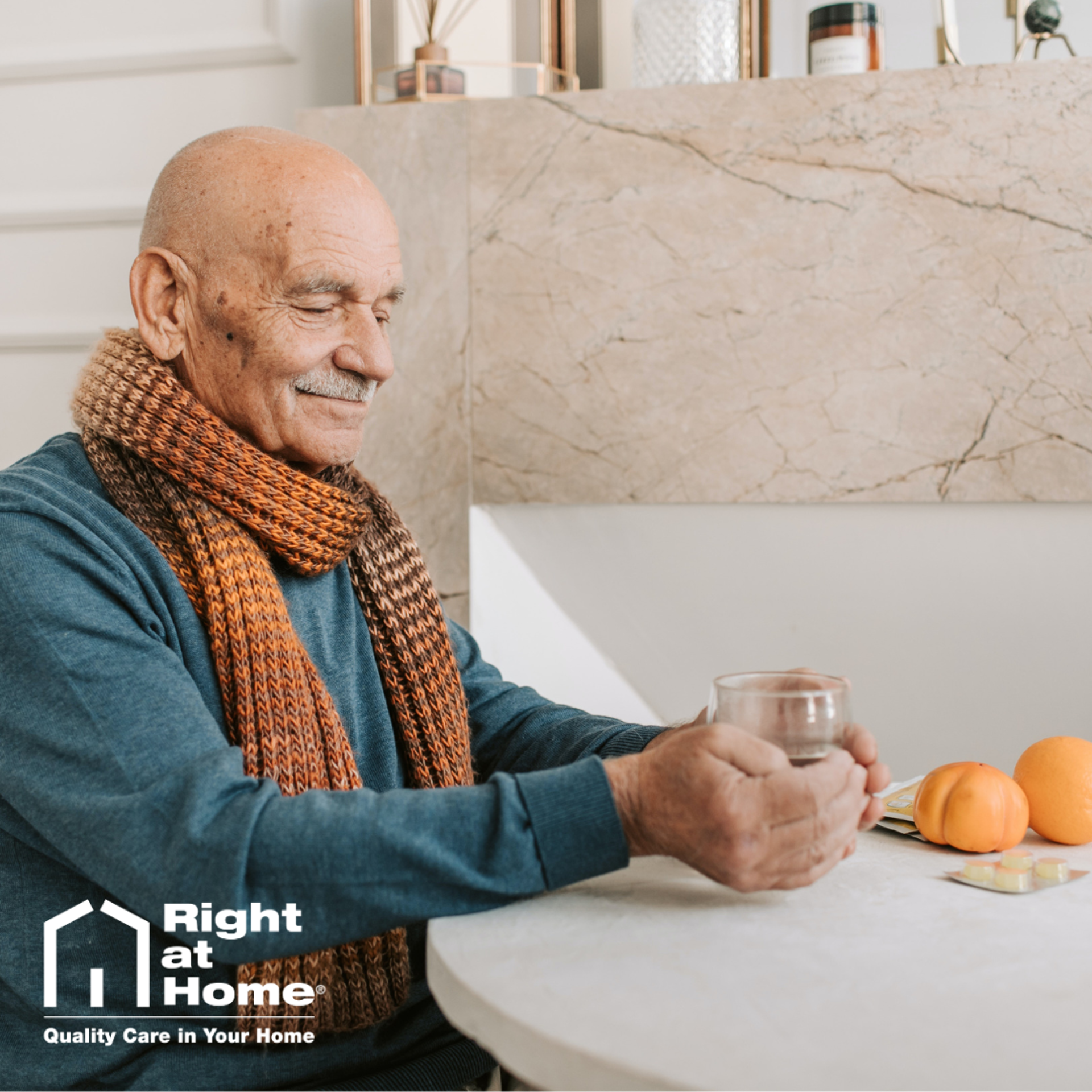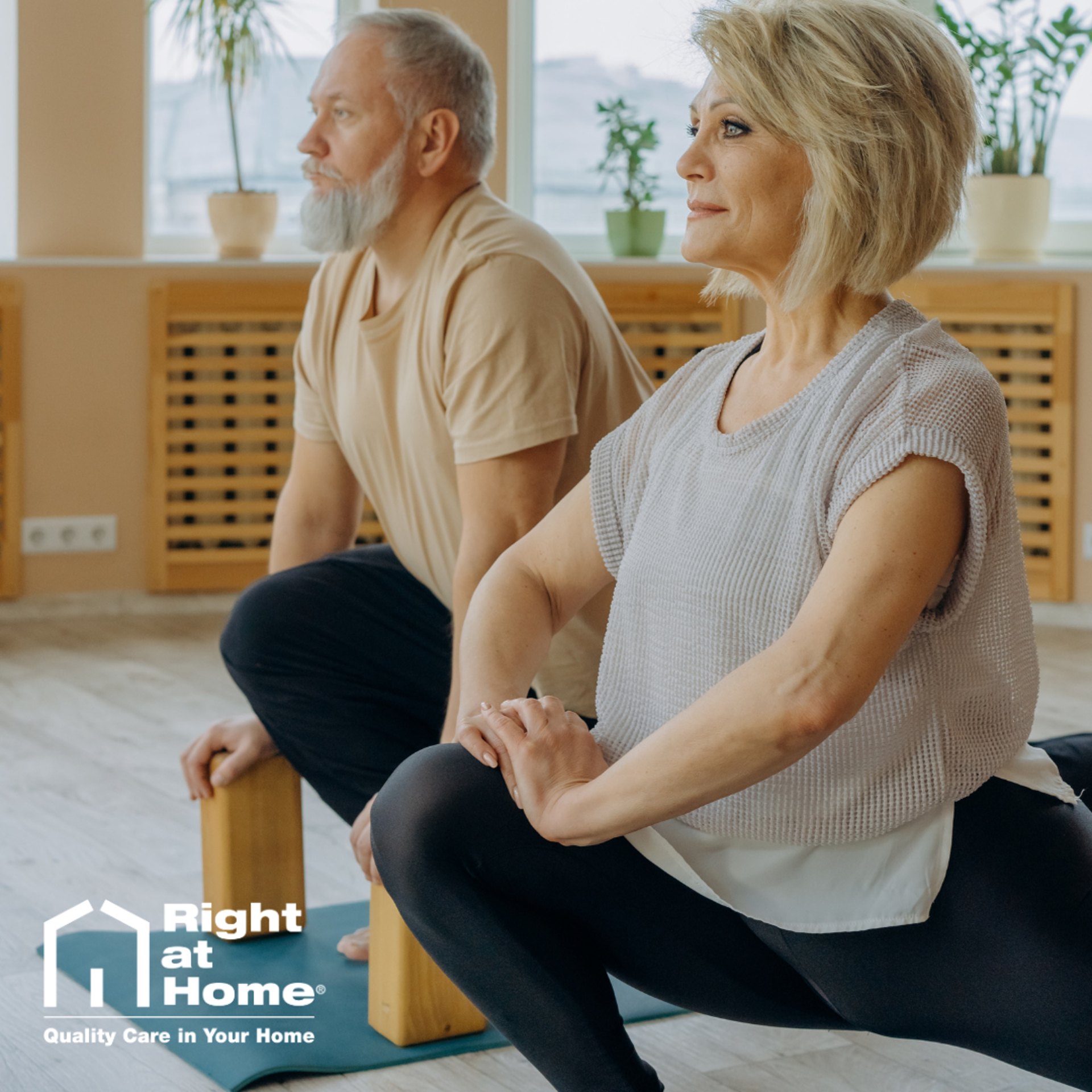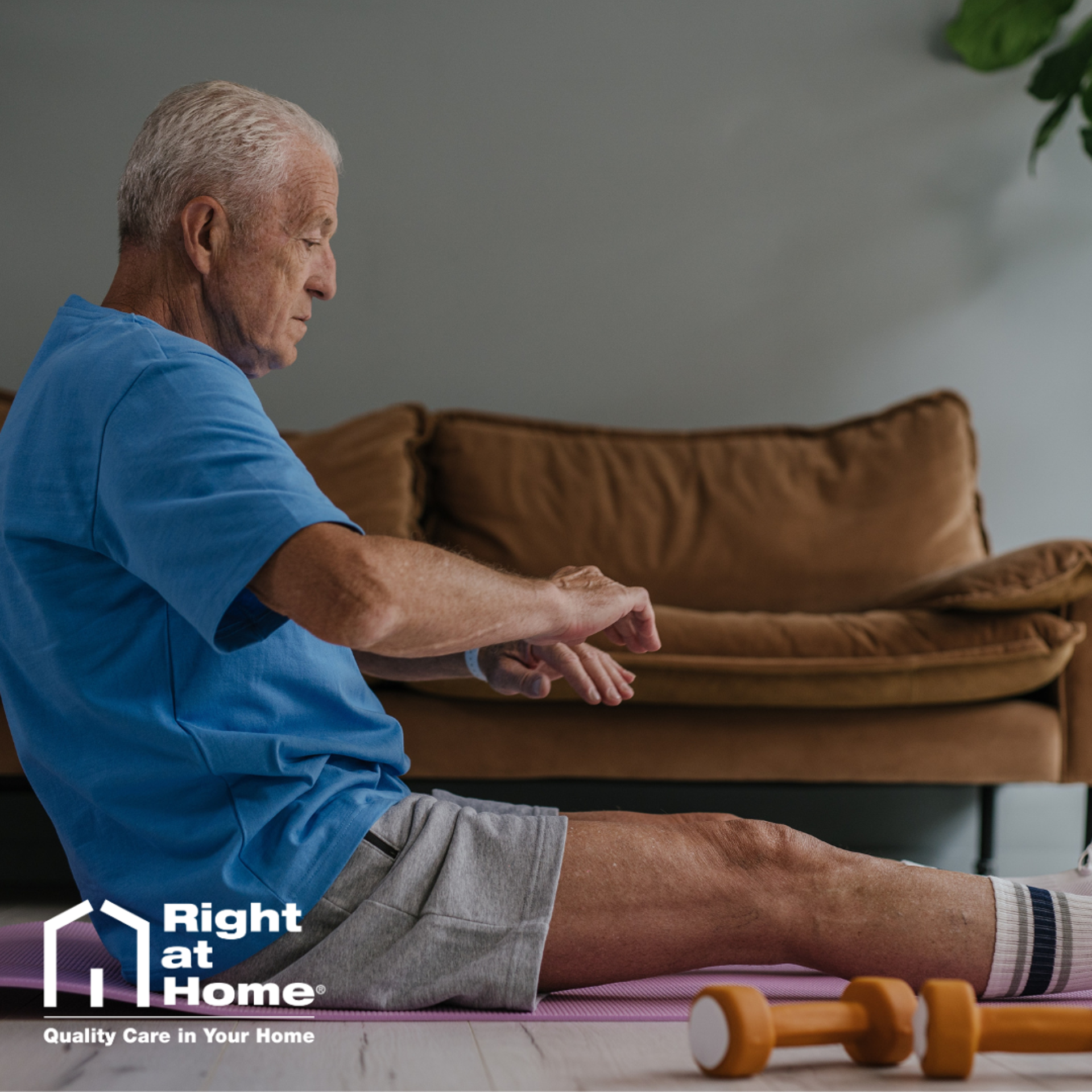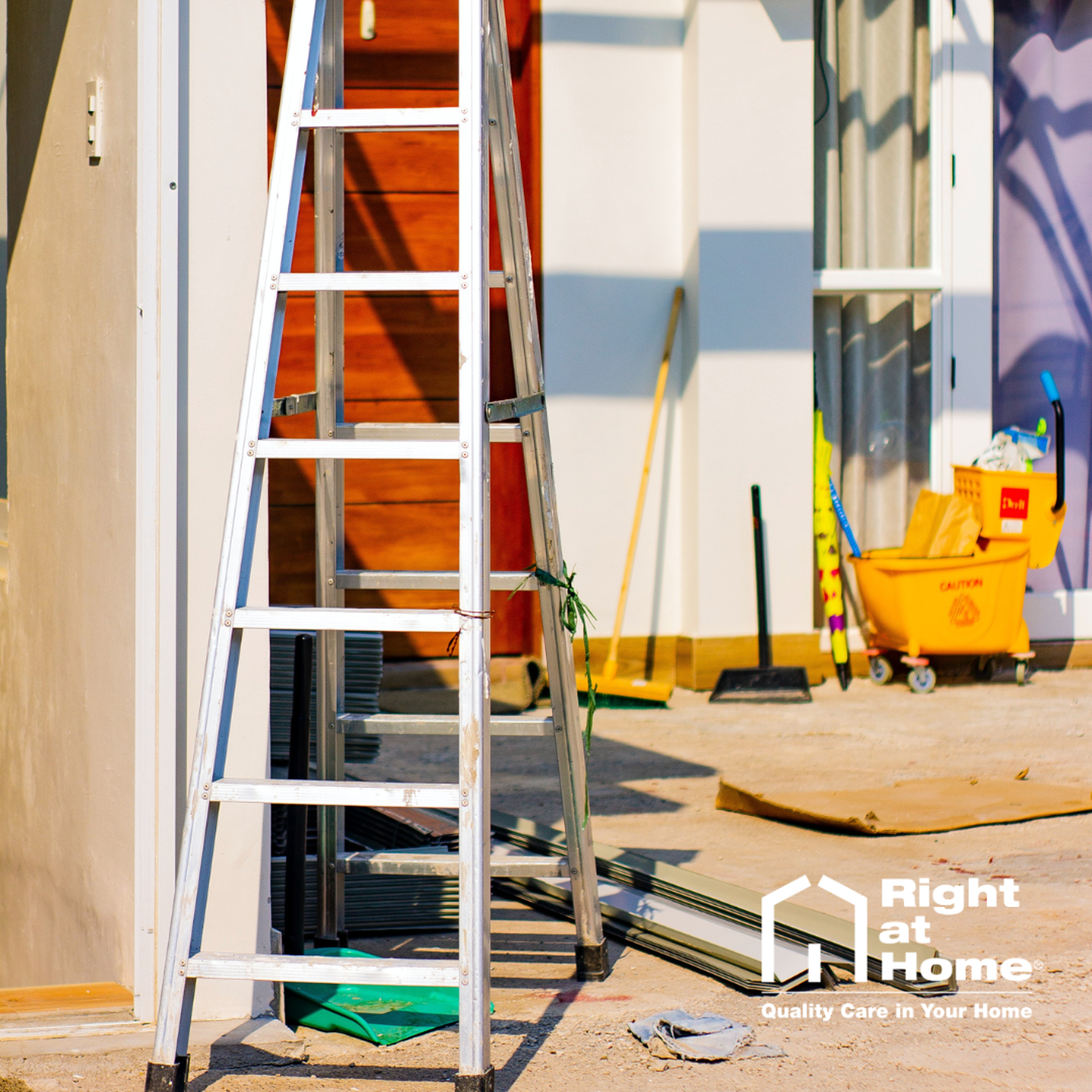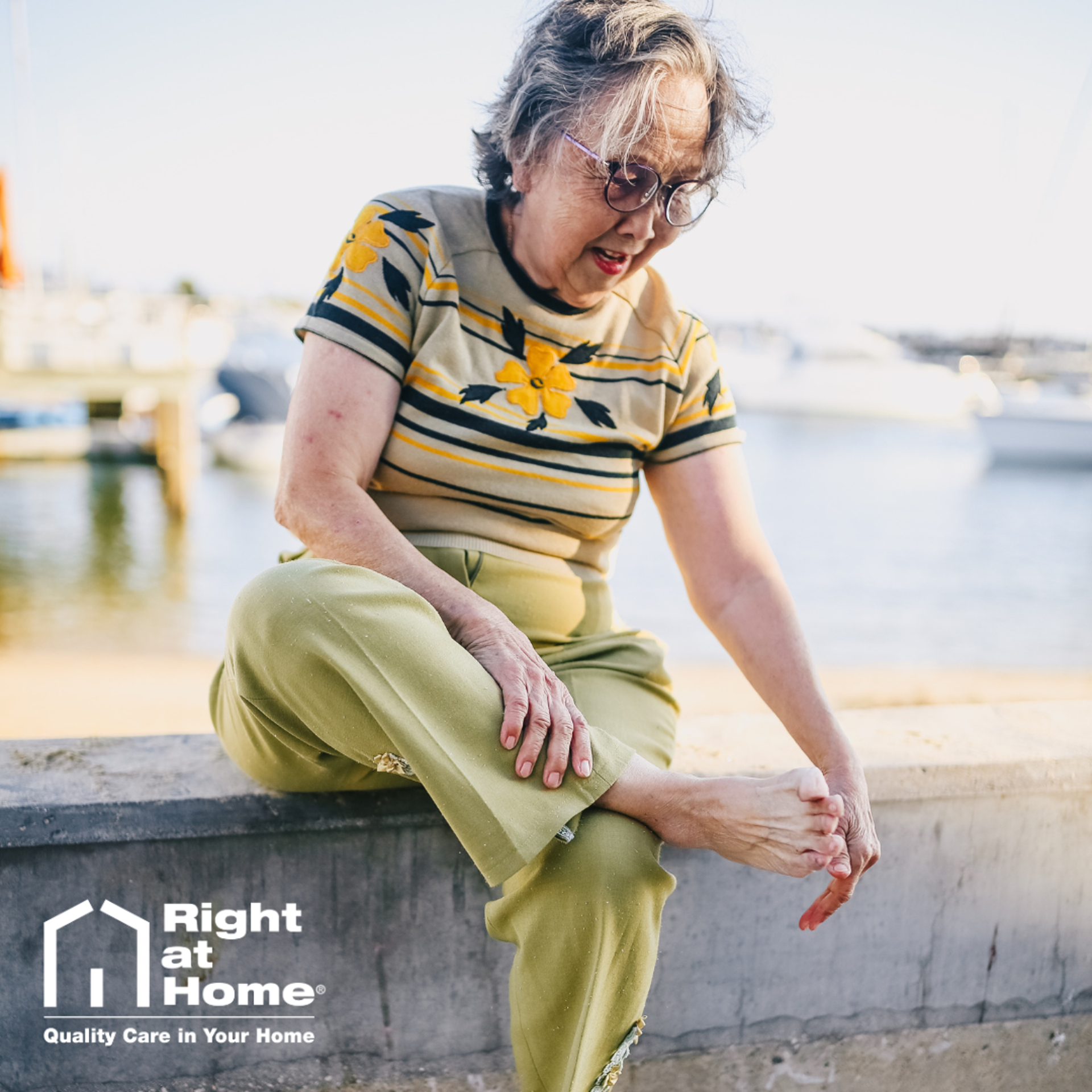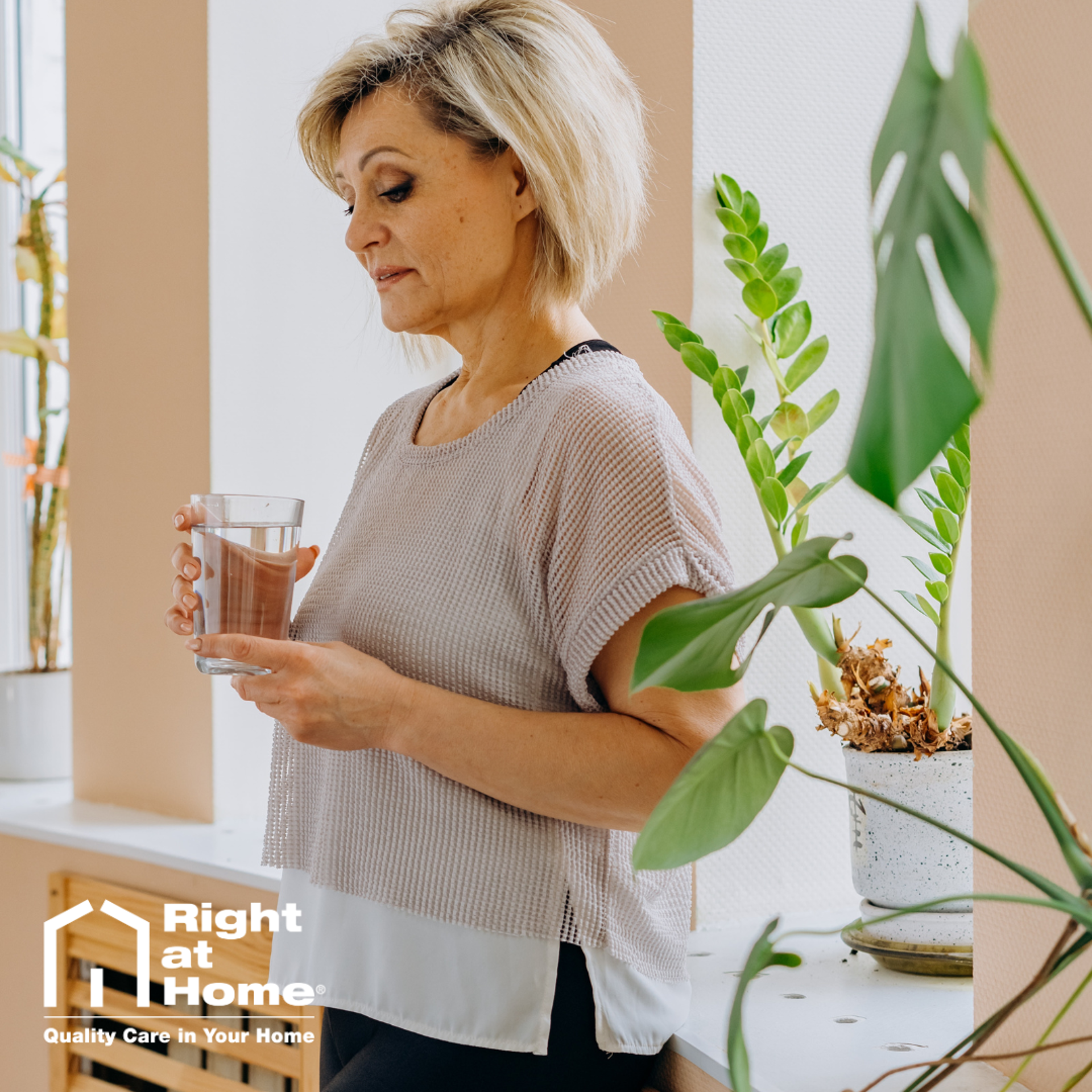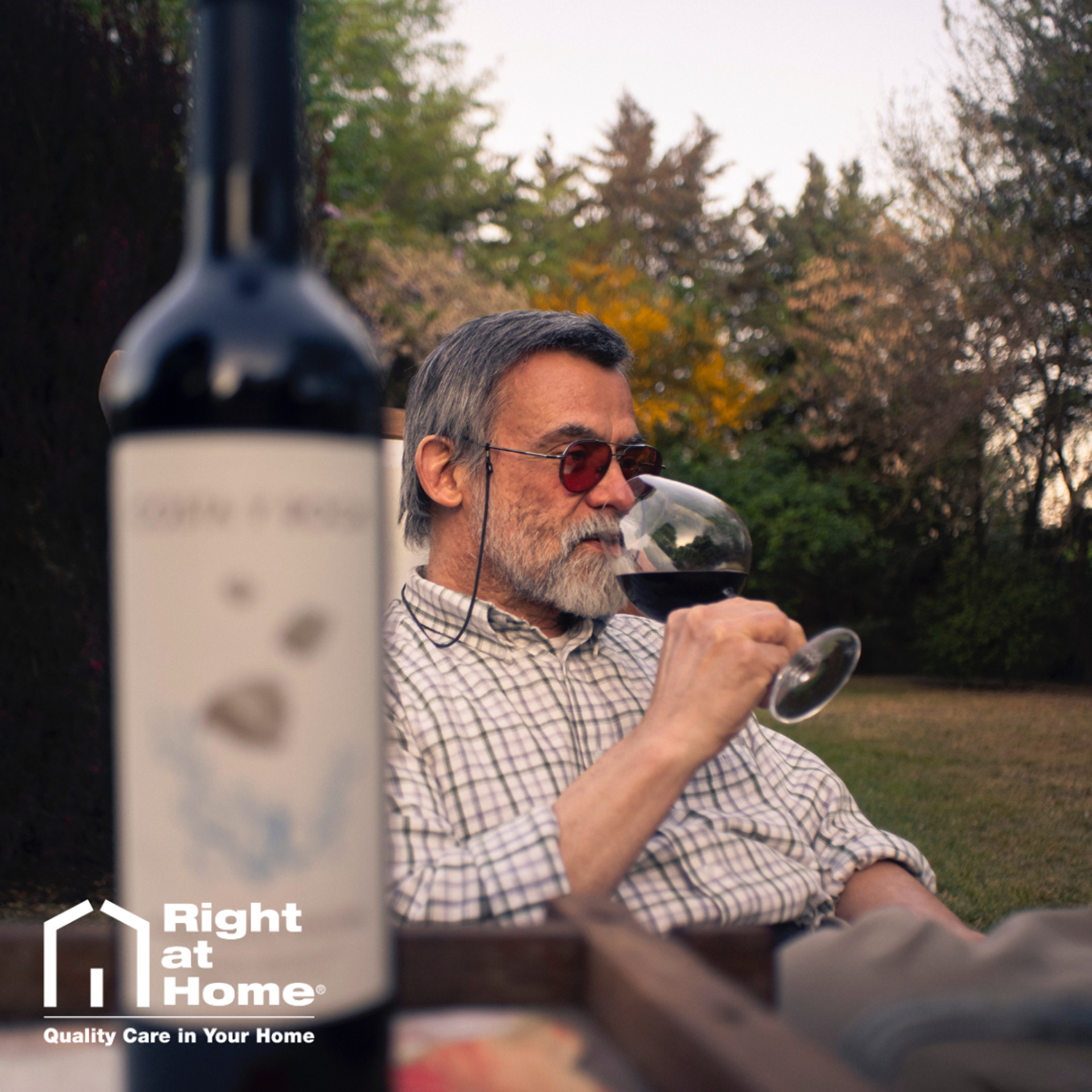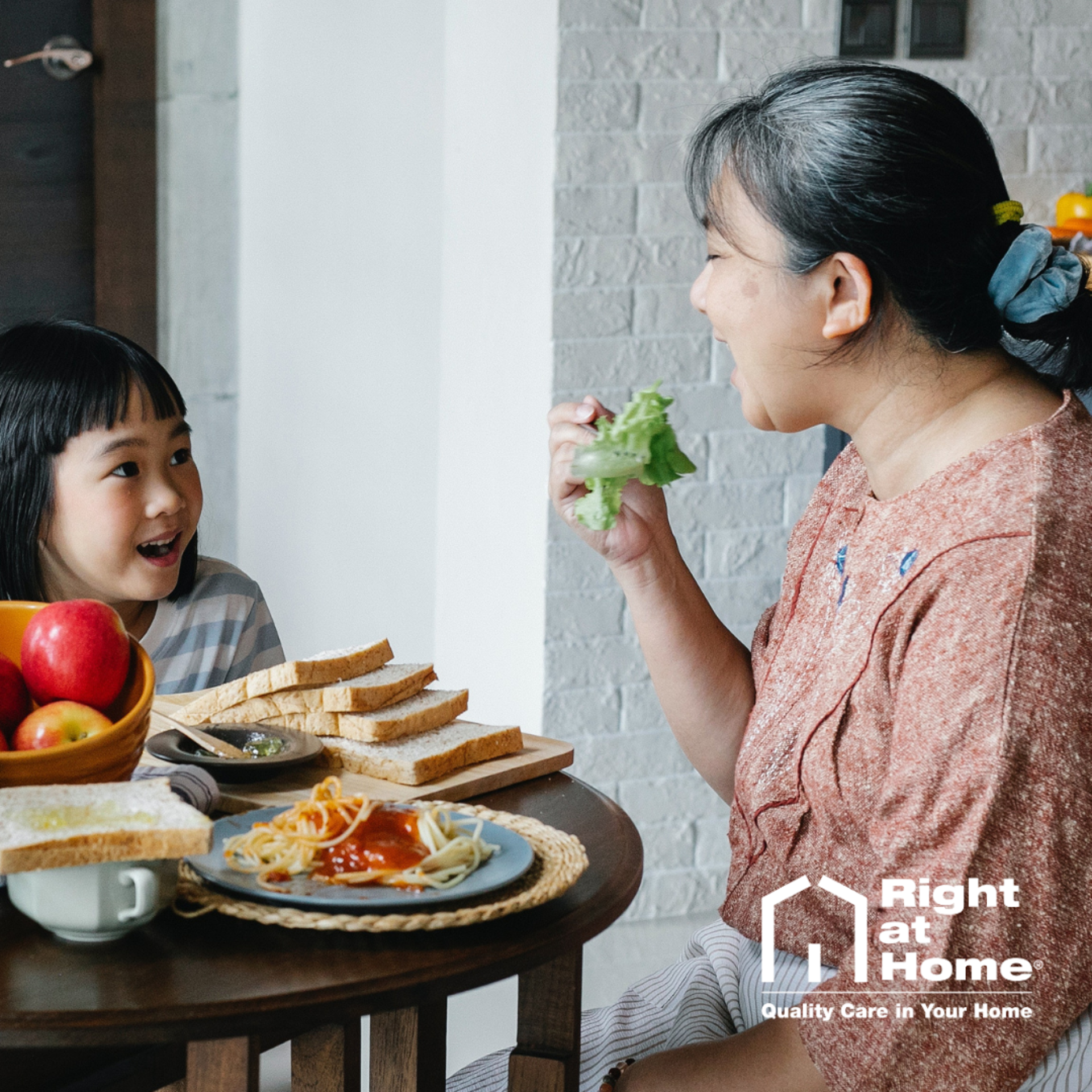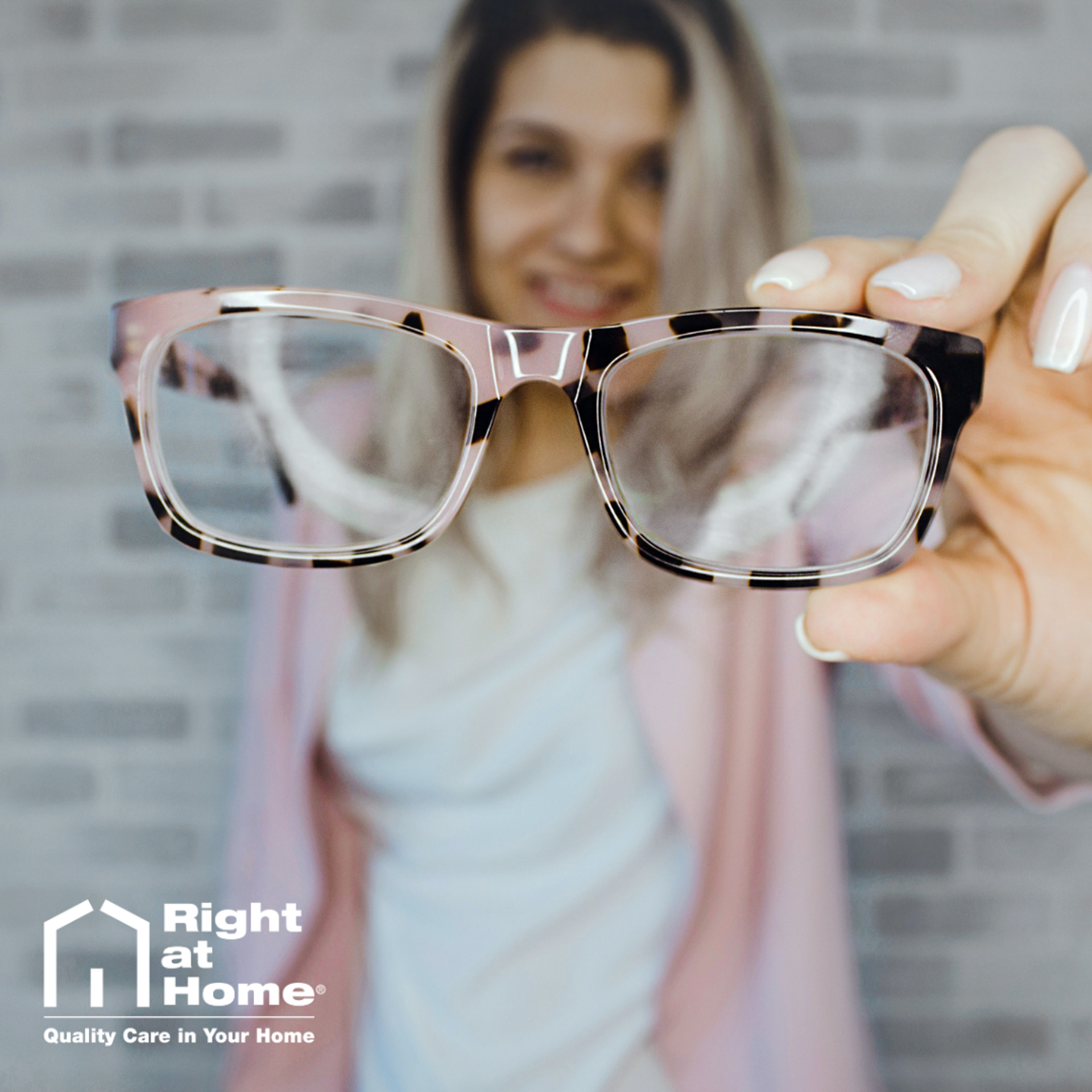How to Prevent Elderly Falls
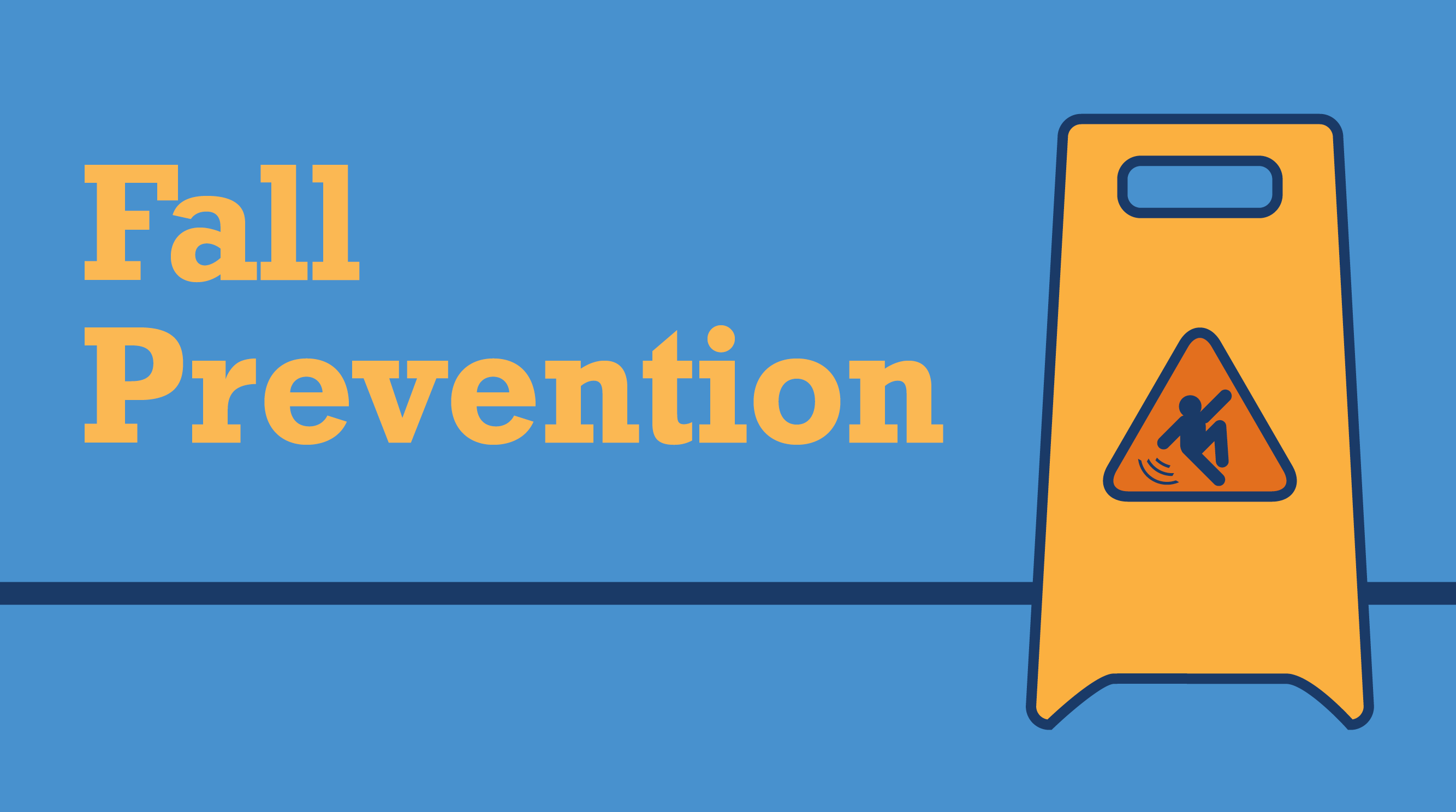
Published: 16/05/2023
How to Prevent Elderly Falls and Keep Your Loved Ones Safe
Our bodies experience multiple changes as we age, increasing the danger of falling. Declining vision, weakening muscles and bones, loss of balance and coordination, and chronic medical issues are the most prevalent alterations. These changes can make it difficult for elderly people to do ordinary everyday activities like walking, climbing stairs, or getting out of a chair.
In the United Kingdom, falls are one of the leading causes of injury and hospitalisation among the elderly. According to the NHS, one in every three people who lives at home, and is over the age of 65, will experience at least one fall per year, with around half experiencing more frequent falls.

Fortunately, elderly falls in the Leeds area are a less common even than those in our geographical neighbourhood. Why this is so, is hard to say, but in part it could be the great work done by Leeds Council and the many Leeds based charities aimed at providing care and health services to the older community. Charities such as Old Peoples Forum, Carers Leeds, Age UK, Hamara Healthy Living Centre, all assist keeping older people healthy through sport and exercising. The we are also lucky enough to have after-hospital residential rehabilitation centres such as RecoveryHub@EastLeeds, and their sister hubs.
The After-effects of Falling
Falls can have a major physical and emotional effect on the elderly. Physically, falls can cause shattered bones, brain traumas, and other serious injuries which are difficult to treat.
These injuries may lead to a loss of independence, reduced mobility, and an increased risk of multiple hospitalisations, or worse our loved one may lose their hard fought for independence. The most serious of falls may even lead to disability, or even sadly death.
NHS statistics show that falls are the most common cause of hip fractures, accounting for around 90% of all hip fractures. Scarily, up to 20% of the elderly who suffer a hip fracture, will die within a year of their injury.
Emotionally, falls may cause a loss of confidence and an increased fear of falling, reducing mobility and quality of life even further. Falls may have serious consequences, especially for elderly people.
We, at RaH Leeds East have seen from own experiences that having a fall results in a loss of confidence, fear of having a repeat event. Our carers understand this and helping our clients, especially when returning from rehabilitation centres, or coming from hospital to home.
Common Risk Factors for Falls
Several variables might raise an elderly person's risk of falling.
- Impaired balance and coordination
- Weak muscles and bones
- Chronic medical disorders such as diabetes, heart disease, and arthritis
- Eye issues
- Using certain medication
- Environmental risks such as uneven flooring, inadequate lighting, and clutter
- Bad footwear
- Alcohol consumption
To lower an older adult's risk of falling, it is critical to recognise and manage these risk factors.
Ways to Reduce Your Risks of Falling
Exercise
There are several precautions which may help reduce the risk of falls among the elderly:
Exercising on a regular basis can help improve balance, coordination, and muscle strength, minimising the risk of falling. The Elderly should aim for 2-3 hours of exercise a week.
Some of the most effective fall prevention activities are:
- Yoga
- Strength training
- Balancing exercises
- Walking
Physical therapy can also be utilised to assist older people to recover strength and independence by addressing particular mobility concerns.
There are many Leeds based charities who offer exercise classes for the elderly such as: Holbeck Together, Burmantofts Senior Action, Hamara Healthy Living Centre, STEP Leeds, Community Action for Roundhay Elderly (RVS), Caring Together in Woodhouse and Little London, Middleton Elderly Aid.
There are many more, and we know most of them, if you need help finding your nearest older persons’ exercise group, then contact the Community Engagement Team at Right at Home – Leeds East, and we can sign-post you to your nearest group.
Improve the conditions of your house
Making changes to your living environment might also assist reduce your chances of falling. This may involve installing handrails and grab bars in high-traffic areas such as the toilet or improving lighting in low-light areas.
According to Age UK, the most common cause of falls in the home is tripping over items on the floor.
If you would like a free assessment of you and your house then please get in touch with Right at Home – Leeds East
Foot problems
Foot issues such as corns, calluses, bunions, ingrown or thick nails and ulcerations can also increase a person's risk of falling. As the NHS has highlighted, foot problems can also make it more difficult to exercise and keep active, which is especially important if you're already unsteady on your feet because of weak muscles or poor balance.
Numbness in the feet, sometimes linked to diabetes, can leave you unable to fully sense where your foot is on the floor, leading to an increased risk of a fall. Contact your local chiropodist to check your foot health and spot any issues.
If you need help finding your nearest chiropodist then please call the Community Engagement Team at RaH - Leeds East.
Wear proper footwear
Proper footwear is also vital for reducing the risk of falling. The elderly should wear shoes with low heels and non-skid soles, and socks or stocking feet should be avoided. According to Age UK, wearing slippers or flip-flops may increase the risk of falling.
Consider using mobility aids
Mobility aids can also help lessen the risk of falling. When walking, the use of a cane or walker can provide additional support and stability. Ego or embarrassment can mean many elders don’t like to be seen using a walking stick. However, it’s always better to be seen walking with a stick, than falling over.
It is also worth considering investing in technology, and consider getting a fall or panic alarm. There are many on the market, and they can offer you and your loved one’s peace of mind. As well as other suppliers, AGE UK has a collection worth considering.
Stay hydrated
It is critical the elderly drink an adequate amount of water and other fluids throughout the day. Dehydration can lead to dizziness and light-headedness, putting them in danger of falling.
Right at Home – Leeds East recommends keeping a bottle / glass of water always at hand. If you’re not used to drinking a lot of water, then you can always add a squirt of lemon or a cordial to it.
Alcohol
Our suggestion of staying hydrated doesn’t extend to overindulging in alcohol! Alcohol slows our reactions, makes us unsteady on our feet and even blurs our vision. In addition, mixing alcohol with some medications can increase the risk of a fall, and potentially much worse. We recommend cutting back on your alcohol intake as much as possible or completely cutting it out of your diet.
Eat a well-balanced diet.
Maintaining a healthy lifestyle should include being sensible with what you eat. Elders, family members and CareGivers need to make sure they get all the nutrition they need. Elders should eat plenty of fruits and vegetables, whole grains, and lean meats and limit their use of processed foods and carbonated drinks.
Bladder and bowel Issues
If an older person has a bladder or bowel condition which causes them to rush to the toilet then this will increase their risk of having a fall. This may even be exacerbated if the person has got up quickly and suffers from dizziness. It is important for the elder person to see their doctor to help alleviate any medical issues.
Examine your medication
Encourage your elders to talk to their doctor or pharmacist about their medications, make sure they aren't taking anything that might increase their risk of falling. This may require adjusting dosages or switching medications.
Popular medicines that may increase the risk of falling, according to Age UK, include:
- Sedatives and tranquillizers
- Antidepressants
- Anti-psychotics
- Anti-hypertensives
- Diuretics
Maintain regular eye examinations
Impaired vision can also increase the risk of falling. So it is critical to have regular vision exams, at the very least every two years, and if the person has high-risk diseases such as diabetes, then more often.
Seniors should ensure that their spectacles or contact lenses are up to date and that they are reading or completing other tasks with inadequate lighting.
Remember - depending on your mobility, there are some opticians that will visit you at home to conduct eye tests.
Get adequate rest
Sleeping sufficiently is also crucial in lowering the chances of falling. Elders should try and avoid napping during the day and aim to get seven to eight hours of sleep per night.
How Right at Home - Leeds East can help....
Sadly, falls will always be the leading cause of injury and mortality amongst the elderly. We can however assist to mitigate the risk of falls in older persons and keep them safe, by recognising common fall risk factors and applying preventative and mitigation methods.
To detect and manage fall risk factors in older persons, home adaptations, mobility aids, exercise and physical therapy, medication reviews, and fall risk assessments and evaluations can all be employed.
We can assist in the safeguarding of our loved ones and guarantee that they can preserve their independence and quality of life for as long as possible by working together.
Alternatively Right at Home - Leeds East can carry out a homecare assessment for you or a loved one. This assessment is FREE and will help mitigate risks and make recommendations that can support the safety of our Clients living at home, as well as explaining how our team of CareGivers can support you.
For more information about our care services or to book a free homecare assessment, contact us today on 0113 833 1950.
